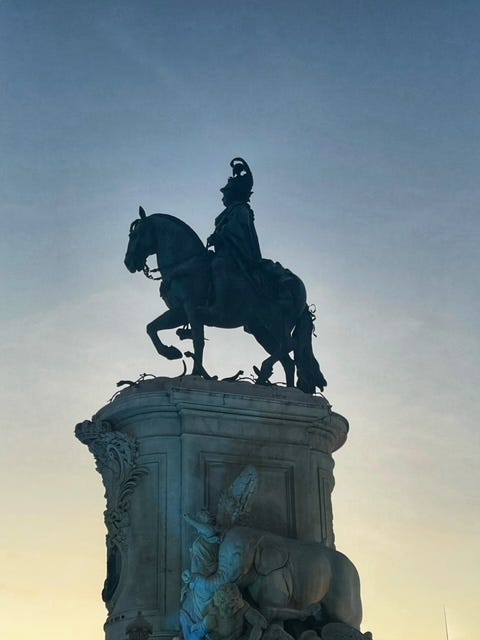My man knows that I’m the kind of strong-ass woman who, from time to time, you have to be really tender with. That’s why the night after we dragged suitcases down hundreds of stairs from where the cab driver left us, and up an apartment staircase so narrow that our suitcases barely fit, and then woke to cruise ship to…
Keep reading with a 7-day free trial
Subscribe to Wanderland to keep reading this post and get 7 days of free access to the full post archives.




